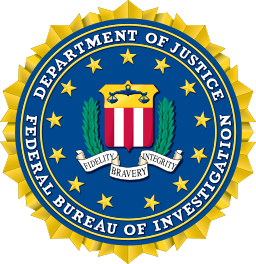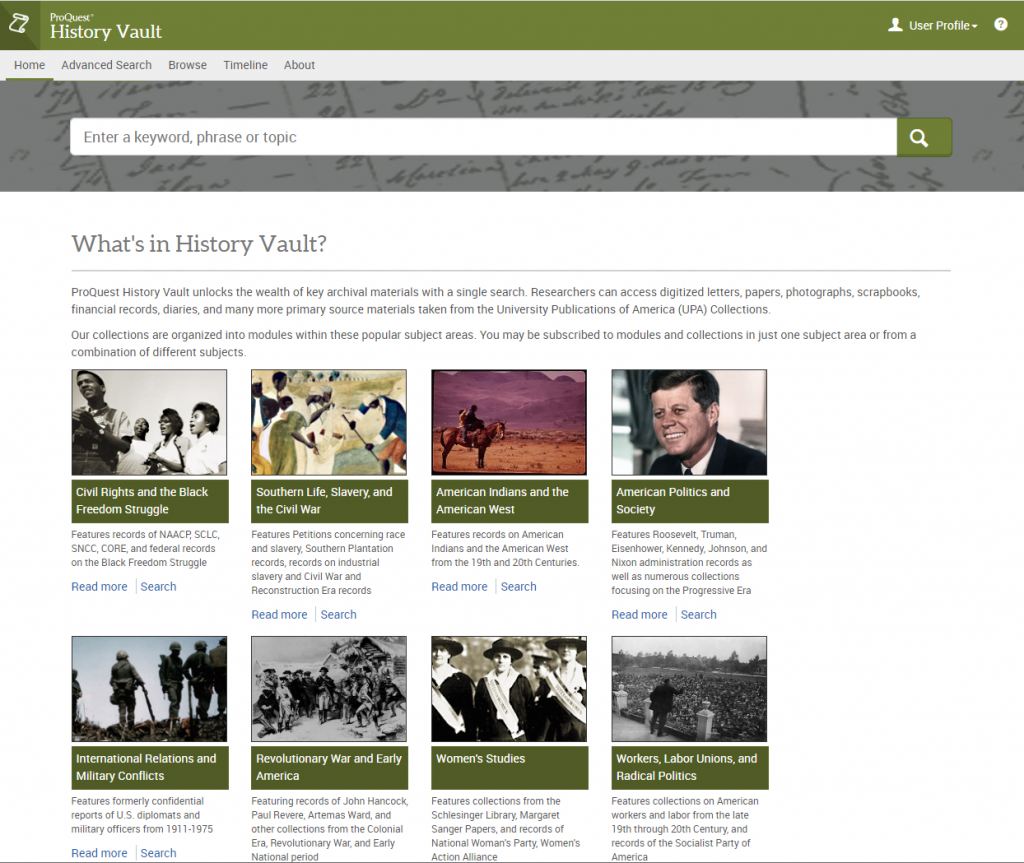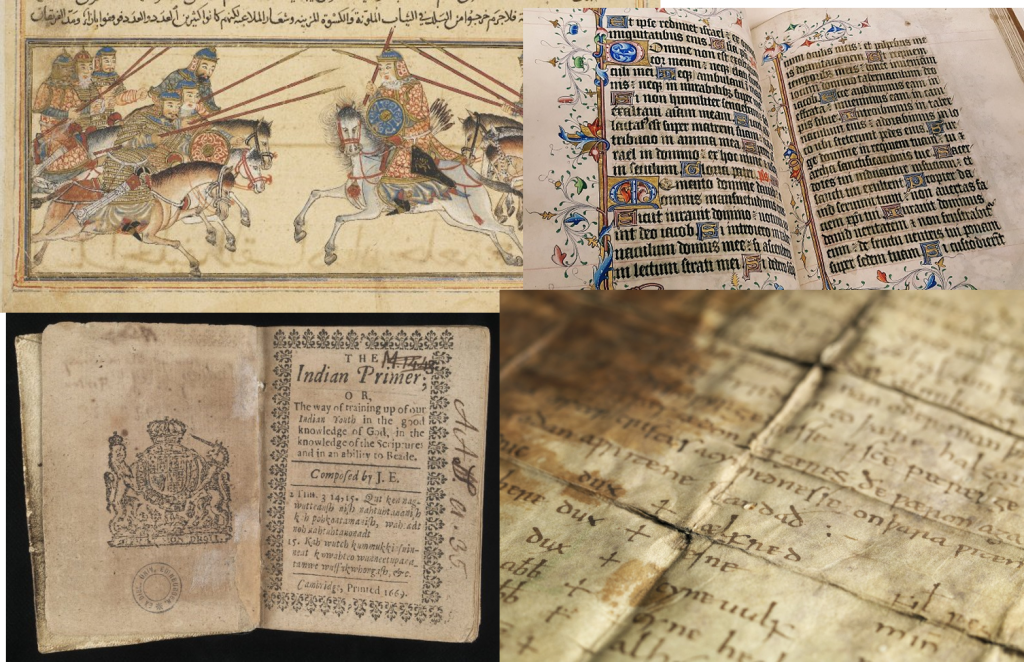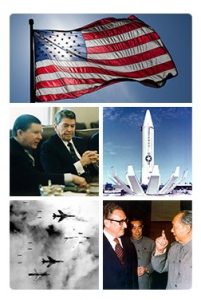This is part of an occasional series highlighting some of the digital resources available at the Library that will be of interest to students and staff in History, Classics and Archaeology.

Federal Bureau of Investigation [Public domain]
The Federal Bureau of Investigation (FBI) was formed in 1908 by then Attorney General, Charles Bonaparte, under President Theodore Roosevelt. Initially known as the Bureau of Investigation (it added “Federal” in 1935) over the next 110 years the FBI’s remit and influence grew considerably and they are synonymous with American cultural, social and political history in the 20th century and beyond.
The FBI have been involved in a large number of famous, not so famous and infamous cases dealing with organised crime, terrorism, civil rights, white collar crime, espionage, violent crime and more. And did you know that through the Library you have access to a range of digitised files from the FBI?
FBI Files in Archives Unbound

Through the Library’s subscription to Archives Unbound (an enormous digital primary source database) you have access to over 20 collections of digitised material direct from the FBI, covering over 70 years of American history. You’ll spot some famous cases and names within these but possibly also some less known. However, between them they provide a fascinating insight into the political, cultural and social climate of the United States in the 20th century.
FBI File: Julius and Ethel Rosenberg
Julius and Ethel Rosenberg were a nondescript couple accused in 1950 by the U.S. government of operating a Soviet spy network and giving the Soviet Union plans for the atomic bomb. The trial of the Rosenbergs, which began in March 6, 1951, became a political event of greater importance than any damage they may have done to the United States. It was one of the most controversial trials of the 20th century. Their guilt and the harshness of their sentences continue to be vigorously debated to this day. Continue reading →







 The Library is very lucky to have access to 12 of these types of databases from Gale Cengage, a leader in education, learning, and research resources online. This actually gives you access to around 300 collections of primary source material. Gale’s digital collections span 500 years of history and a wide breadth of topics, including politics, society, business and leisure.
The Library is very lucky to have access to 12 of these types of databases from Gale Cengage, a leader in education, learning, and research resources online. This actually gives you access to around 300 collections of primary source material. Gale’s digital collections span 500 years of history and a wide breadth of topics, including politics, society, business and leisure. 

 Within DNSA are collections that cover U.S. policy towards critical world events, including their military, intelligence, diplomatic and human rights dimensions. Each collection is overseen by a subject expert and they allow researchers to directly access the original documents that shaped responses to these critical world events.
Within DNSA are collections that cover U.S. policy towards critical world events, including their military, intelligence, diplomatic and human rights dimensions. Each collection is overseen by a subject expert and they allow researchers to directly access the original documents that shaped responses to these critical world events.